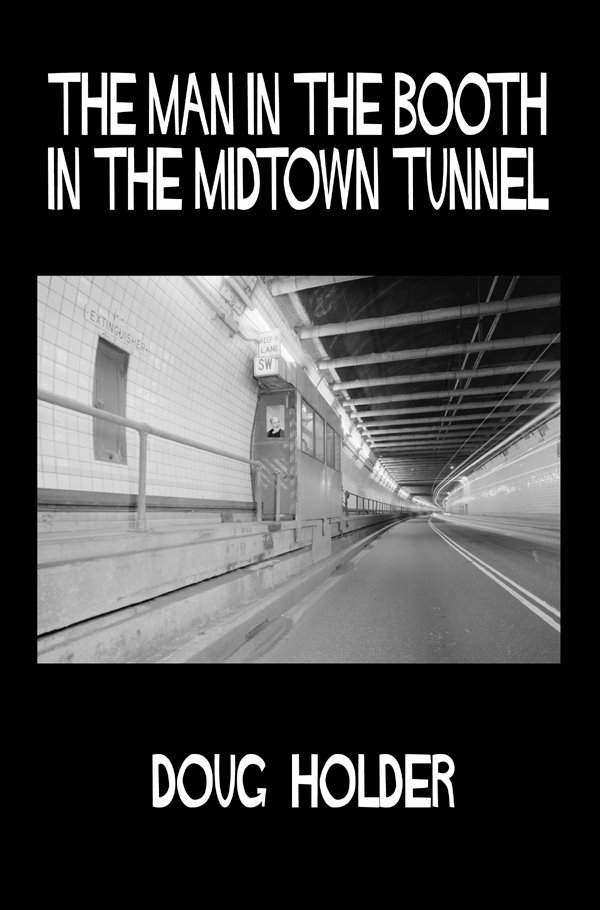Deborah M. Priestly, is much more than just a poet...
Poet Deborah M. Priestly is many things. She is the manager of the hub of Cambridge’s art scene, the "Out of the Blue Art Gallery," http://www.outoftheblueartgallery.com that she runs with her partner Tom Tipton. She is a gay rights activist, a survivor of sexual abuse, a mother of two daughters, a painter and an accomplished poet. Priestly has a number of publication credits and is the author of several chapbooks of poetry. Her latest two projects that she completed were the editing, along with Timothy Gager and Maria McCarthy, of the "Out of the Blue Writers Unite" poetry and prose anthology, and work on her own collection of poetry "The Woman Has A Voice." This collection deals with the sexuality and spirituality of women amidst their turbulent lives. Priestly who has read and hosted at the "Toast" poetry series, was a guest on my Somerville Community Access TV show: "Poet to Poet: Writer to Writer."
Doug Holder: Can you give us a little history of the "Out of the Blue Gallery" in Cambridge that you run with your partner Tom Tipton?
Deborah Priestly: I am not a founder of the "Out of the Blue Art Gallery." It was originally at 168 Brookline St. in Cambridge, down the block from the "Middle East." Tom Tipton and Sue Carlin founded it about seven years ago. Tom and Sue had the idea to have a really cool space that would give artists a chance to show their work. They wanted to have art and music, etc... One afternoon Tom was sitting at the "Brookline Lunch" in Cambridge with Sue. The owners overheard them discussing this idea, and told them they could hang art at his shop. So they hung art in this luncheon spot. Later they hung art in a loft in Chinatown. One day they were having lunch at the same place, and the owner said: "I have a property available." The rest is history. So--that’s how it happened. Later we moved to 106 Prospect Street. Just like any great idea it started with a conversation and ended up a reality.
The first time I discovered the gallery I was jogging, and I landed out front of the " Out of the Blue Art Gallery." I thought: "What the heck is this place?" I told Tom and Sue that I thought this was a great space. I told them it would be great if they had a poetry reading. Then I basically walked out. At the time I was working at Boston University. Later, I walked in again, and said the same thing. Tom said: " I remember you. You are Debbie. If you think we should have a poetry reading, then you should do it." The rest is history. Now I am proud to say that I am part of this really cool idea.
DH: How do you define yourself as an artist?
DP: I guess as an inventor on-the-fly. I used to say I am a poet. Now I paint as well, but down deep I have to say I am a poet because of the way I think. People have told me that when I drink, and I am a little tipsy, I speak in verse. So down deep I am a poet.
DH: Do you think the troubles you experienced, sexual abuse, epilepsy, depression, etc... spurred you on to write?
DP: In a weird way yes because it gave me an outlet. For the times I felt alone, the writing was really like a friend. When I can’t write now I paint. I always tell younger people it’s really important to get what you are feeling out. If I didn’t have this outlet I probably would be using drugs, and drinking. The book "The Woman Has A Voice" isn’t about feeling sorry for myself. In the collection I try to show people there is a way out of the darkness. There is resolution and hope.
DH: Why do you feel so many poets, and artists have been effected by mental illness?
DP: I think a lot of the times artists are more aware and sensitive to their environment. I don’t want to use the word "mental illness.’ I just want to say they may be over sensitive to the stimulus around them. I react strongly to a siren for instance, while a friend may find it a mere annoyance. I’m just more sensitive to the stimuli.
Monday, July 21, 2008
Subscribe to:
Post Comments (Atom)

No comments:
Post a Comment